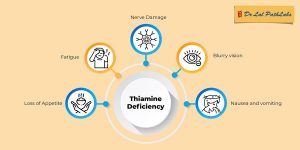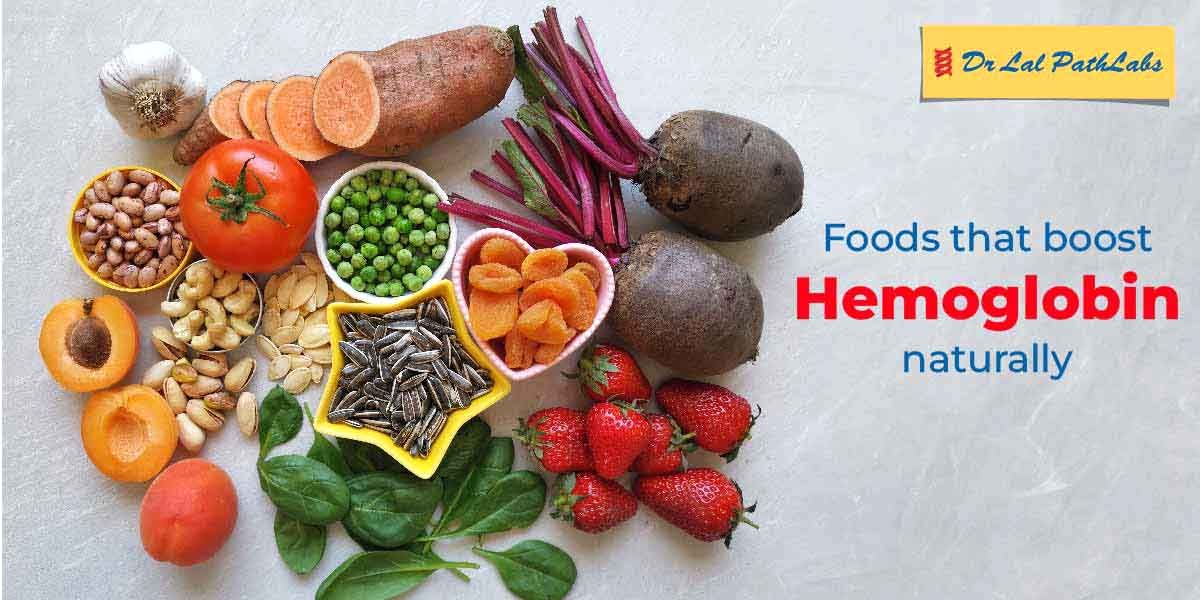The Role of Vitamin C and Zinc in Keeping You Healthy

A healthy intake of vitamins and minerals is essential to a balanced and nutritious diet.
Nutrients like Vitamin C and Zinc can give a significant boost to an individual’s personal health, including their skin and immune system.
Most people’s daily intake of Vitamin C and Zinc is less than the ideal amount. Supplements and food sources rich in these nutrients can be a valuable addition to one’s diet.
What is Vitamin C?
Vitamin C is a water-soluble vitamin. It has a number of health benefits, mainly due to its role as an antioxidant.
The human body cannot naturally produce Vitamin C. Thus, it is important to consume foods which are rich in Vitamin C. Some people may increase their Vitamin C intake by taking Vitamin C supplements.
Healthcare professionals recommend a daily Vitamin C intake of 75 mg for women and 90 mg for men.
What are the Sources of Vitamin C?
Here are some food sources which are rich in Vitamin C:
1. Citrus fruits such as oranges, lemons, and tangerines
2. Grapefruit
3. Strawberries
4. Tomatoes
5. Potatoes, including the skin
Vitamin C is also commonly available as chewable tablets.
What are the Health Benefits of Vitamin C?
There are many impressive health benefits of Vitamin C, including:
1. Role as an antioxidant: Oxidative stress is a process which damages the organs and tissues over time. Due to its antioxidant properties, Vitamin C protects the body against such damage.
2. Boosting immunity: Vitamin C boosts the number of white blood cells in the body which strengthen the immune system and protect the body from infections and diseases. Vitamin C’s antioxidant properties also help strengthen the skin’s barriers.
3. Skin Benefits: Vitamin C benefits for skin are many. It hydrates and brightens the skin, reduces hyperpigmentation, prevents skin sagging, and promotes collagen production. Vitamin C also protects the skin against sun damage.
4. Preventing iron deficiency: Vitamin C helps improve absorption of iron from one’s diet and also helps convert poorly absorbed iron. As such, Vitamin C can prevent iron deficiency and can be a helpful supplement for anaemic individuals.
5. Protection against Scurvy: Scurvy is a disease caused by a severe lack of Vitamin C. Its symptoms include fatigue, bleeding gums, bruising, etc. Regular Vitamin C intake prevents scurvy.
What is Zinc?
Zinc is an essential nutrient and antioxidant which is found naturally in many plant and animal- based foods. It is the second most abundant trace element in the human body.
Like Vitamin C, Zinc is not naturally produced in the human body and must be added to one’s diet through food sources or supplements.
The recommended daily intake for zinc is 8 mg for women and 11 mg for men.
What are the Sources of Zinc?
Here are some foods rich in zinc:
1. Meat products such as pork and lamb
2. Eggs
3. Yogurt, milk and cheese
4. Fish and shellfish, including salmon, clam, oyster, etc.
5. Whole grains such as oats and brown rice
Additionally, zinc can be taken as a supplement, although a healthcare professional must be consulted to prevent overconsumption.
What are the Health Benefits of Zinc?
Zinc plays a valuable role in the body as it is required for various enzyme activity, protein synthesis, wound healing, and many other processes.
There are numerous benefits of zinc, including:
1. Boosting immunity: Zinc keeps the immune system strong as it is necessary for immune cell function and cell signalling. Studies have shown that Zinc can help reduce the impact of a common cold.
2. Wound healing: Zinc is required for immune function, collagen synthesis, and inflammatory response. As such, it is often used to treat burns and other wounds.
3. Decreasing inflammation: Zinc is an antioxidant and protects against oxidative stress. It decreases the levels of certain inflammatory proteins in the body and reduces inflammation.
4. Fighting acne: Due to its anti-inflammatory properties, zinc can reduce skin irritation and redness caused by acne. It is also used for skin conditions such as eczema.
5. Male health and fertility: Alongside the above benefits, there are some additional zinc benefits for men. It is an essential element for male fertility. It helps balance hormones such as testosterone and works as an antibacterial agent in the urea system.
The impressive Vitamin C and Zinc benefits make these nutrients an important addition to any individual’s daily diet. To test for deficiencies and create a custom dietary chart, consult a healthcare professional and schedule a vitamin profile test at Dr Lal PathLabs.
FAQs
1. Can Vitamin C and Zinc be taken every day?
Taking Vitamin C and Zinc every day is generally considered safe. However, individuals who take medication or have pre-existing medical conditions are advised to consult a healthcare professional before taking supplements.
2. Are there any side effects to taking Vitamin C and Zinc?
Vitamin C and Zinc generally do not cause side effects. However, high doses may cause side effects such as diarrhoea, nausea, and indigestion.














